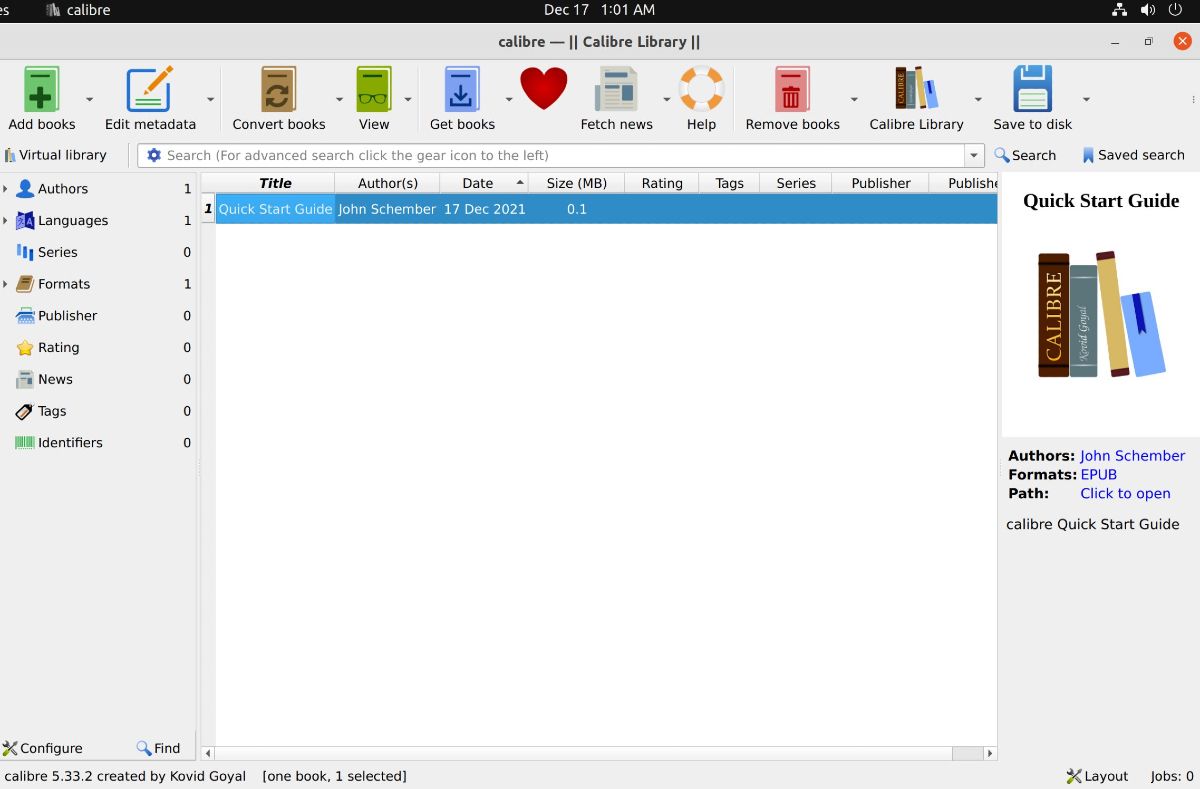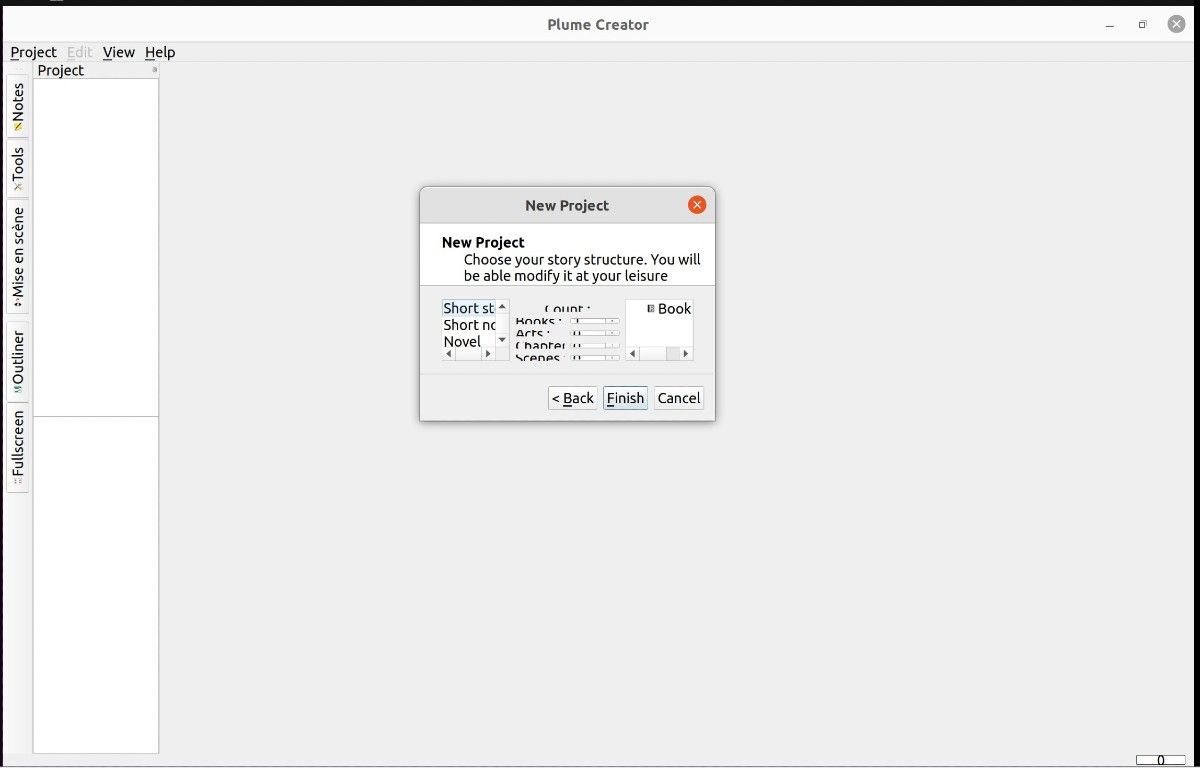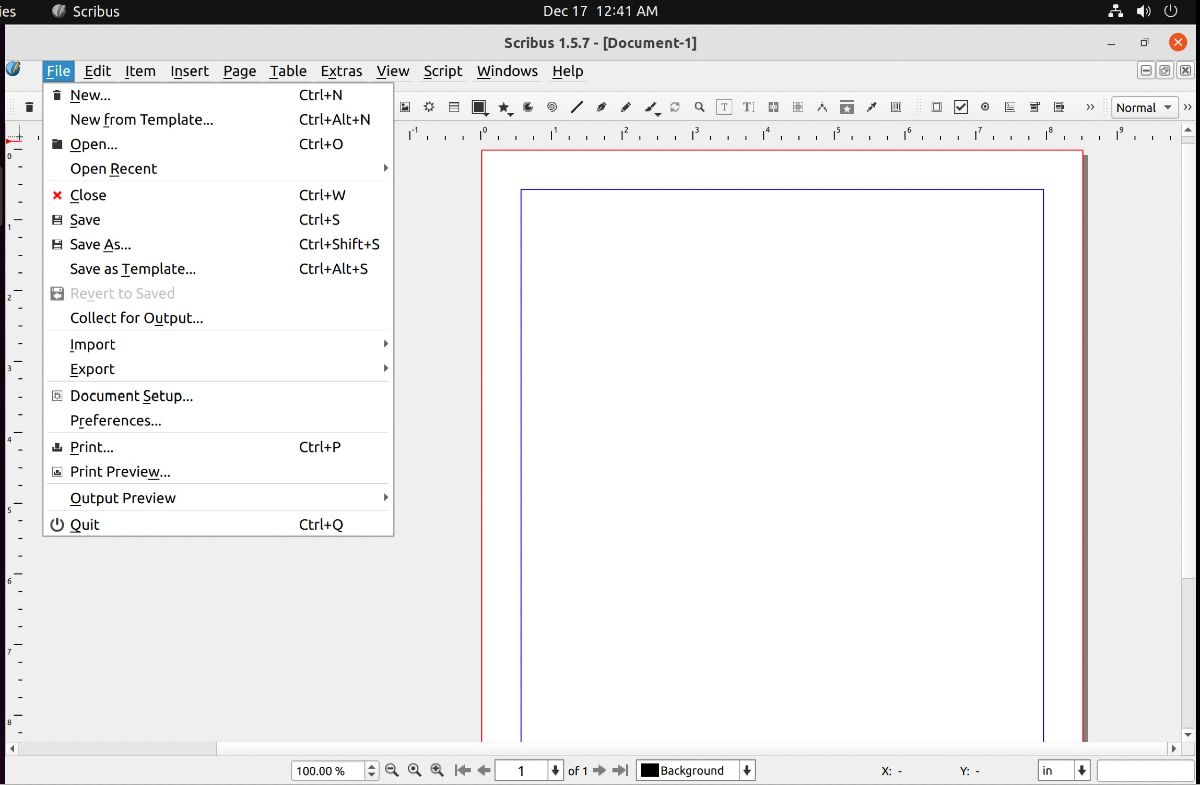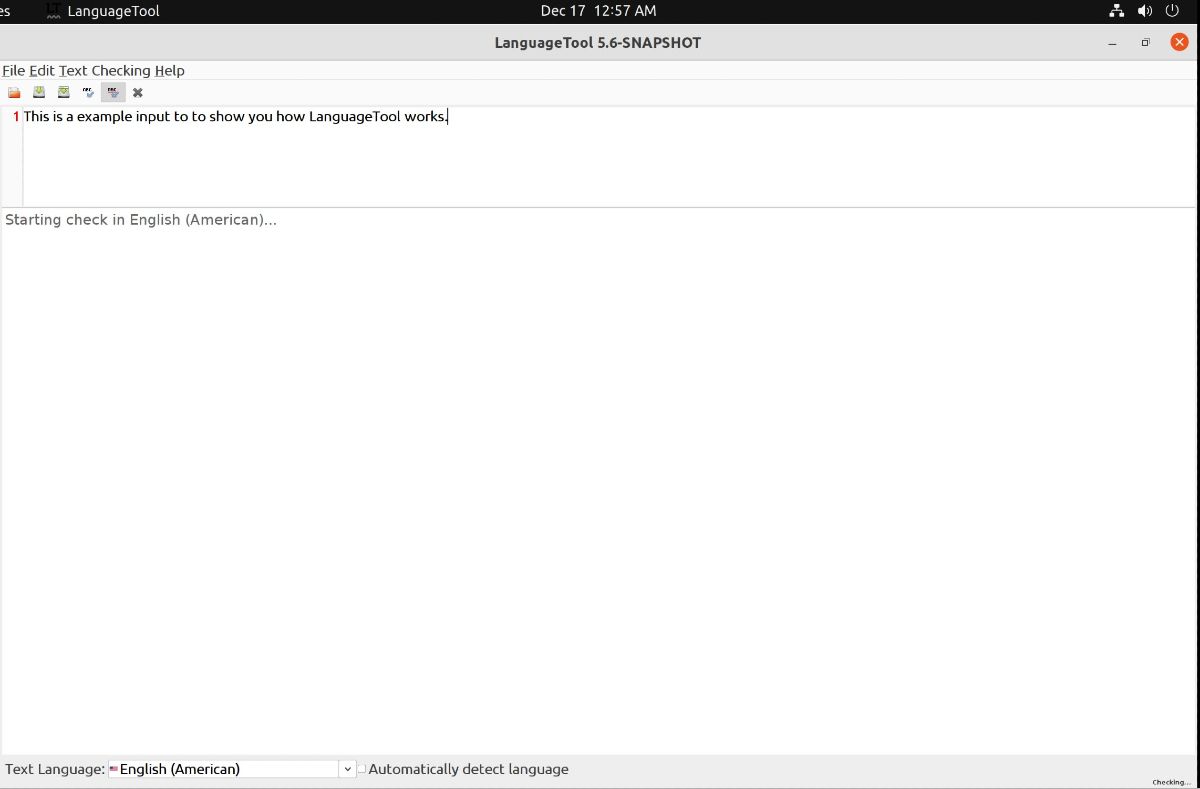Writers are always looking for some exciting tools to compile their written pieces. Despite the various options in the market, there is always an ongoing need to look for open-source options, which won’t burn a hole in the pocket.
If you are a Linux user, you are in luck, for there are plenty of excellent open-source apps that you can use on your machine. A majority of these apps offer premium-grade type features for free.
If you’re raring to go, then check out these top open-source writing tools enlisted below.
1. Markdown
Markdown is an open-source, cross-platform plaintext formatting language launched in 2004. It brings a fresh approach to type-craft than the familiar WYSIWYG MS Word-standardized approach.
Markdown formats your text the same way code is formatted. It applies the syntax on top of the text and then compiles it to generate the formatted effect. For example, users may bold a text by adding two asterisks before and after, like **sample text**.
You can add elements through any plaintext editor application and these are not limited to Linux and are available on Windows and Mac as well. Today, Markdown is widely used in technical documentation, web-content crafting, text publishing, presentations, and more.
Some of the most used Markdown text editors are Typora, Abricotine, ghostwriter, and Apostrophe.
2. Espanso
Espanso is a cross-platform text expander developed using the Rust programming language. It is one of the few type-oriented Linux tools which focus on text privacy. As a writing app, it continues to be shell-integrable on its host platform.
Espanso's in-app features include smart typing utilities, emoji, date insertion, custom script typing, code snippet insertion, and much more.
This writing platform is one of the few type-tools on Linux that support smart typing, app-specific configurations, and an extensive library of packages that help users expand its features based on the given use cases.
Download: Espanso
3. GitBook Editor
GitBook is an open-source CLI tool and Node.js library that uses Git, AsciiDoc, and Markdown language to create content in Rich Text Format.
You can use GitBook Editor to craft software documentation and even outline, write, and format extensive silos of information. Its inherent ability to server-host publications created on custom domains makes it stand apart from some of the other tools in the market.
These features help GitBook Editor excel as an open-source tool, tailor-made for software developers, who are not too savvy about softcopy creation and formatting.
GitBook Editor facilitates easy collaboration between scripters and content creators. Built for efficient enterprise documentation creation, management, shareability, and version control, GitBook Editor is definitely one of the tools you should have in your arsenal.
Download: GitBook Editor
4. Calibre
Calibre is the best solution for Linux users searching for an e-publication management suite. It helps writers maintain their publication collections across different devices.
Users can edit content metadata and convert ebooks between formats for extensive formats. These enhancements pave the way for rich ebook editorials with hard-coded author and relevant origin information.
Besides creating and publishing your content, you can use Calibre to catalog publishings. One can easily convert content into nifty e-pubs for personal consumption. It is also possible to fetch metadata for cataloging e-pubs in your library.
Download: Calibre
5. Plume Creator
Plume Creator boasts of a clean and easily intelligible UI that welcomes novices to soft copywriting.
The typing space offers a versatile rich text editing area. You can outline content quickly within Plume Creator; additionally, feel free to share drafts while collaborating content on this writing app.
Alternatively, writers can use the app to create multiple projects simultaneously to enhance ease of use.
Plume Creator has plans to integrate full-scale, functional spreadsheets. Its ease-of-handling makes it ideal for devising anything from short by-lines to elaborate novels.
The application is compatible with various screen sizes and offers multilingual support. It also allows users to save files in .html and .odt formats.
Download: Plume Creator
6. Scribus
Scribus is a WYSIWYG approach-based, lightweight desktop publishing application. It offers unrivaled publishing utilities for print-ready soft-copies, with CMYK color and spot color support, ICC color management, vector drawing, and PDF creation.
With Scribus, you can save and import files in various formats.
Since the tool is open-source, you can use dev support from its GitHub repository, which doubles as its subversion repository. Its swift get-around times and proactive bug-repair support make it an ideal addition as an open-source tool for writers on Linux.
Download: Scribus
7. AsciiDoc
AsciiDoc has been a mainstay among Linux users for a long time because of its simplistic WYSIWYG user interface, rich text processing capabilities.
Its advanced workflows can help you publish blogs, books, and even slideshows. AsciiDoc’s integration of the real-time collaboration feature is replicated across numerous applications available for Linux.
Its enterprise productivity functionalities are extended by its custom-configured hosting support for GitHub, Dropbox, and similar notable services. Users can expect to work on an array of Python-built backend, filter, and theme plugins.
Download: AsciiDoc
8. LanguageTool
LanguageTool is another addition to a Linux-based writer's kitty. The app is rather sophisticated and offers top-notch spell-checking credibility than your average spell-checker.
The application helps proofread your text with multilingual support in over 20 dialects, including Polish, German, Russian, and English.
LanguageTool has an embedded HTTP server for localized web proofreading. Its extended support for varied languages can help you proofread documentation, textual inputs in designs, server-side content, all with its Proofreading API. Also, the API widely supports a broad array of programming languages.
Download: LanguageTool
Installing the Best Open-Source Writing Tool on Linux
The world of Linux offers a lot of options to its users, and there is no dearth of open-source writing tools. Depending on your needs, you can pick and choose the one which you feel might be a suitable fit for your immediate needs.
Writing tools and apps can help you create better content to some extent, but it's mostly the effort you put into your work that makes your writing stand out.





